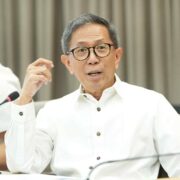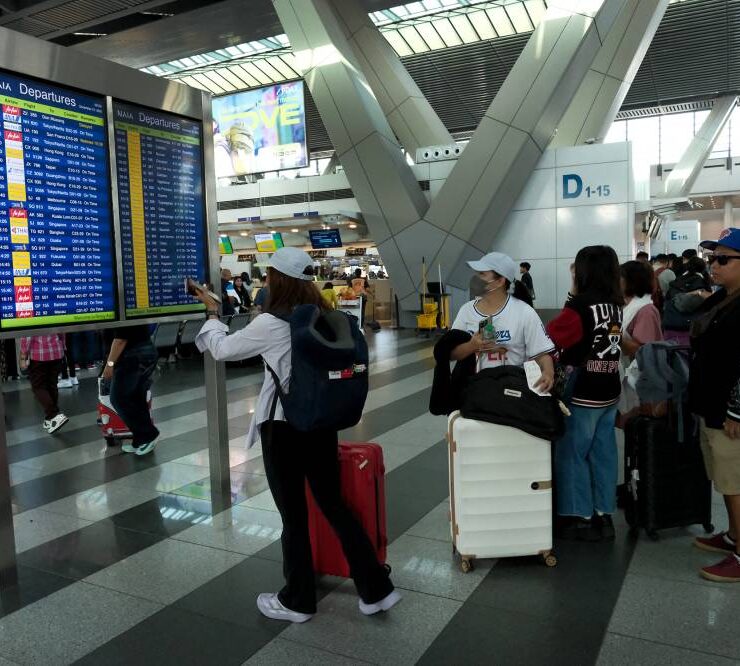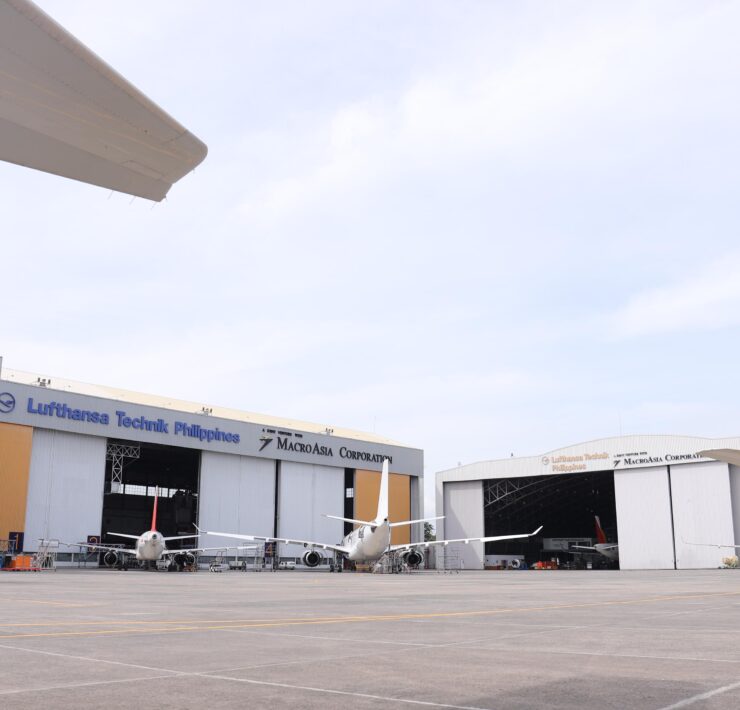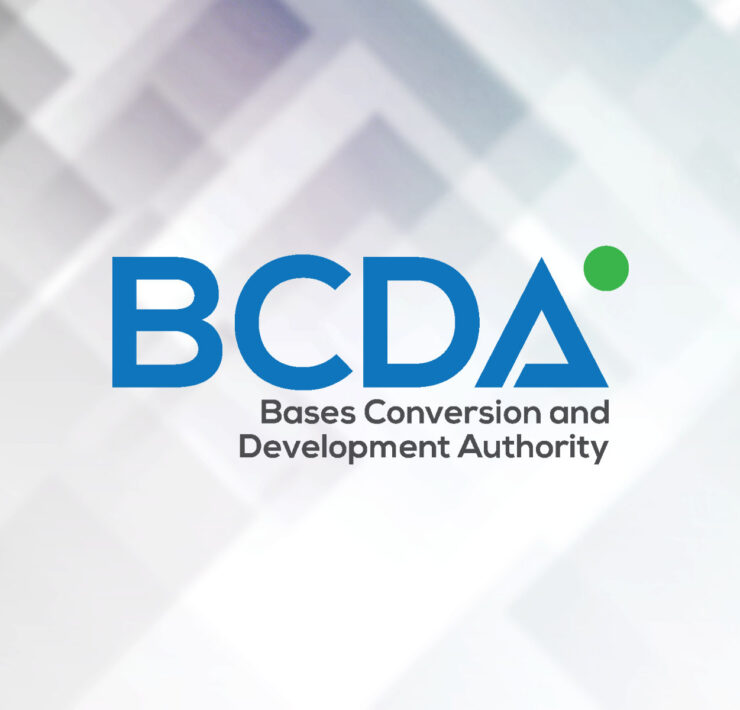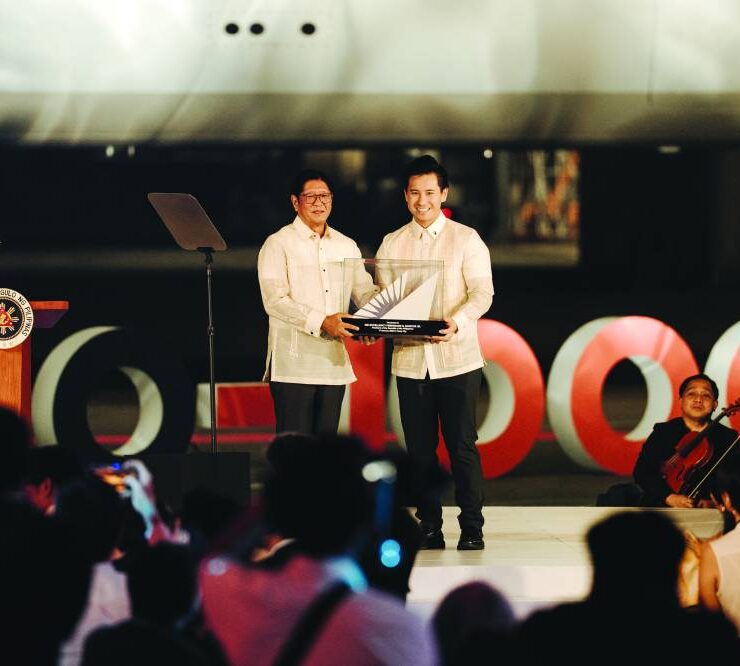Iran president says ‘no logic’ in fuel subsidies
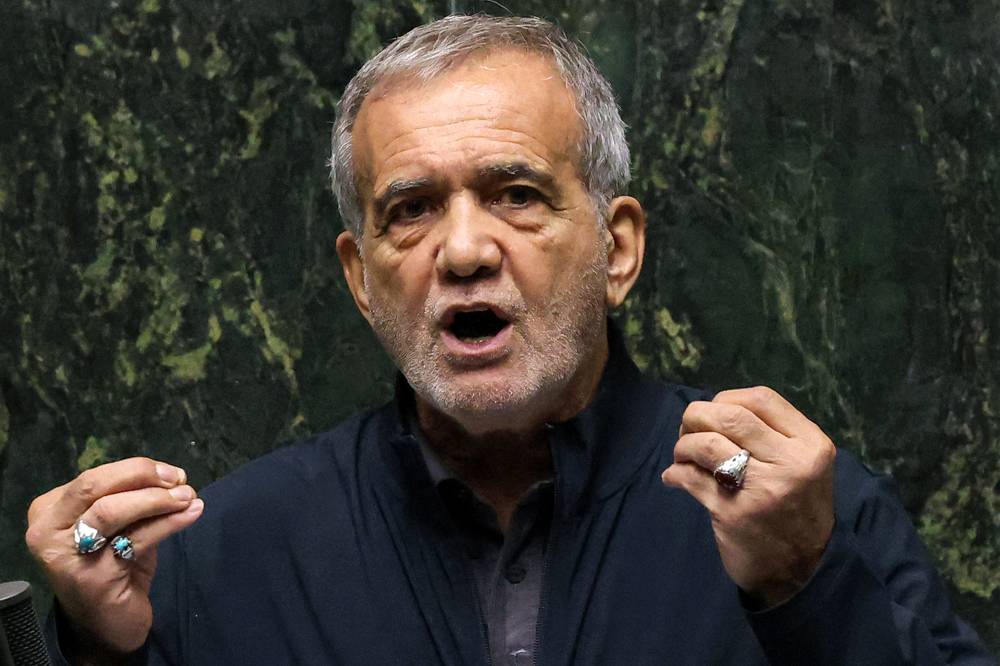
TEHRAN — Iranian President Masoud Pezeshkian said on Tuesday there was “no logic” in the Islamic republic’s fuel subsidies, but stopped short of declaring any intentions to change the government’s long-standing policy.
Fuel prices in Iran — one of the top oil producers globally — are among the world’s lowest, and a surprise increase in 2019 sparked protests by angry citizens.
Pezeshkian, who was sworn in late last month, said in a video shared by Iranian media that “there is no logic in (the government) buying petrol with a free-market dollar rate and selling it to people at a subsidised rate.”
In the video posted on the Telegram channel of the Etemad daily, the 69-year-old president urged “scientists and economists” to address the issue.
Pezeshkian criticised the subsidy policy as economically inviable and complained that it takes away public funds from other areas like pension payments or wheat purchases.
On Thursday Pezeshkian’s Oil Minister Mohsen Paknezhad said the government was not considering “price solutions to solve the petrol disequilibrium”.
On the campaign trail, opponents of Pezeshkian had accused him of seeking to increase fuel prices. A sudden announcement of a nearly 200-percent increase in 2019 triggered nationwide protests.
Pezeshkian’s campaign manager Ali Abdolalizadeh, citing experts, had said the current price for a litre of petrol, 30,000 rials (0.05 cents), should go up to about 500,000 rials.
Years of Western sanctions have battered the Iranian economy, spurring domestic discontent.
The Islamic republic was the world’s seventh-largest crude producer in 2022, and has the third-largest proven oil reserves behind Venezuela and Saudi Arabia, according to the United States Energy Information Administration.
AFP is one of the world's three major news agencies, and the only European one. Its mission is to provide rapid, comprehensive, impartial and verified coverage of the news and issues that shape our daily lives.













